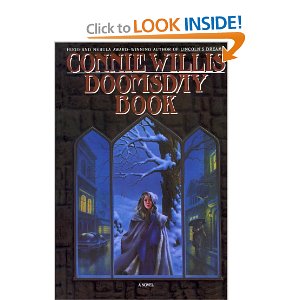This year, inspired by my friend Deborah Crombie, I decided to start a gratitude journal. I've never been good at keeping a regular journal, in fact I find them regularly at the bottom of drawers. Journal 1986. Jan 1. Cold and bright. That's it.
Not the greatest journal keeper. But I have found it's a good feeling to take out the journal at the end of the day and come up with three things I'm grateful for. Not always easy some days, like the ones I've jsut spent with my husband at the Stanford medical center while he undergoes test after test and still no real conclusions about what's wrong with him.
 But I have found that keeping the journal has made me more open to small blessings around me. Usually at this time of year we're in Arizona, enjoying the desert, and the other set of grandchildren. So I was disappointed that I was stuck here in California, until I worked on seeing the small blessings from being here. One of them is that the acacia bush has come into bloom. I usually miss it and it reminds me of Australia, where they are called Wattle and Australia in springtime is dotted bright yellow with wattle bushes.
But I have found that keeping the journal has made me more open to small blessings around me. Usually at this time of year we're in Arizona, enjoying the desert, and the other set of grandchildren. So I was disappointed that I was stuck here in California, until I worked on seeing the small blessings from being here. One of them is that the acacia bush has come into bloom. I usually miss it and it reminds me of Australia, where they are called Wattle and Australia in springtime is dotted bright yellow with wattle bushes.And when I went out to take a picture of it, look who was standing beside it. I usually see the deer as a horrible nuisance but you have to admit he's cute. And aother blessing is that the weather has been spring-like so far, and I'm not going to miss my granddaughter's 10th birthday and my hiking friends are all here, and we went to a great exhibition at the museum and are going to a murder mystery play next week. So I've nothing to be miffed about.
Yours in gratitude, Rhys






